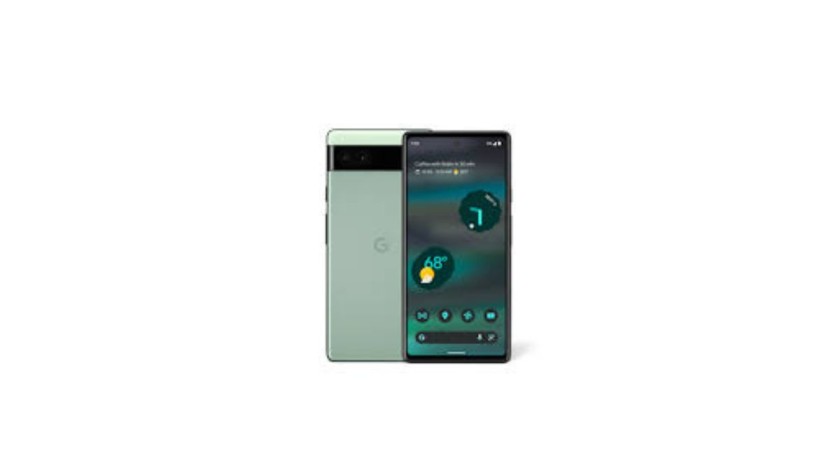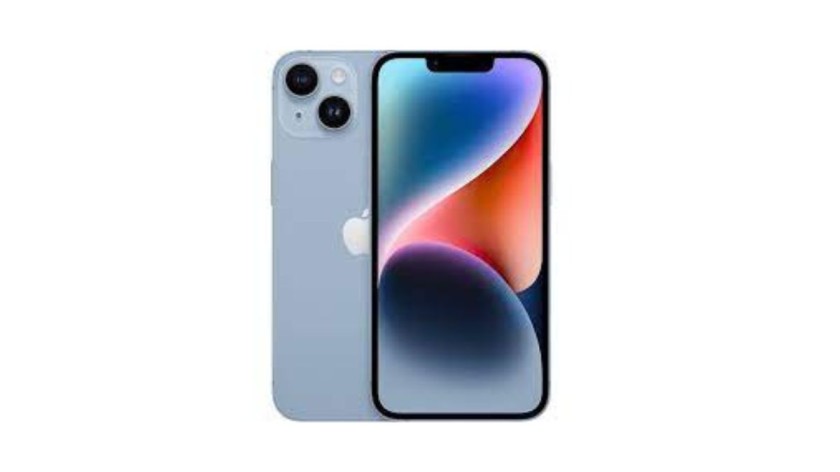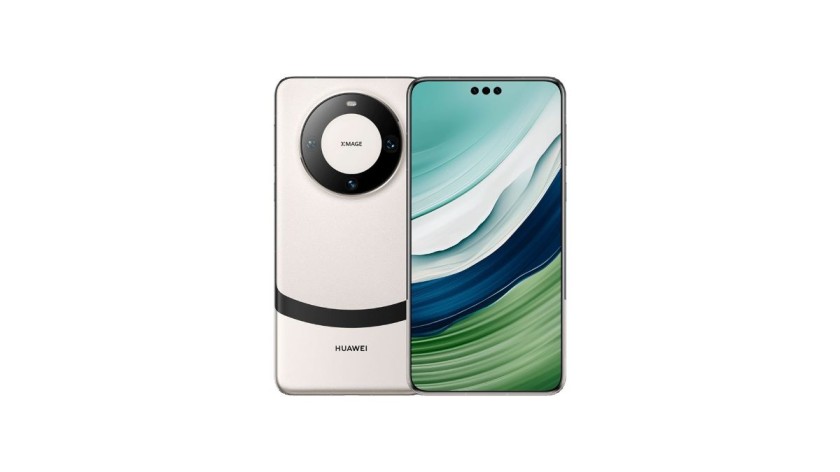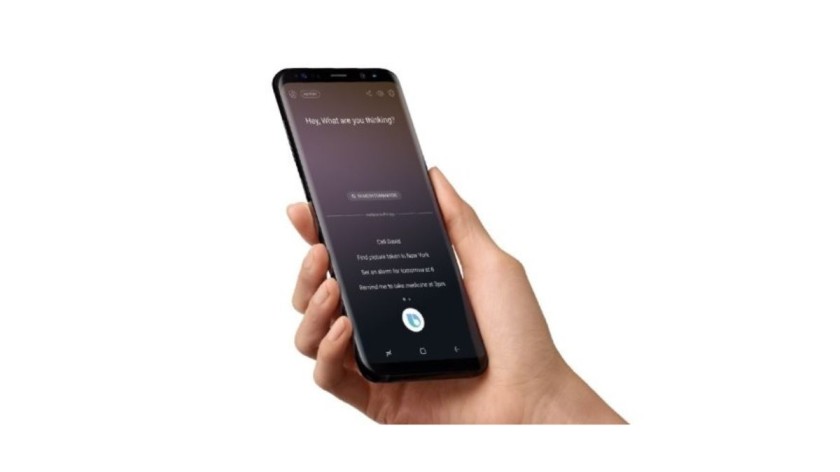Table of Contents
Introduction:
Smartphone Brands revolutionized communication, fundamentally changing the way we connect with others, access information, and manage our daily lives. However, the next wave of innovation is being driven by the integration of Artificial Intelligence (AI), which is now transforming how we interact with these indispensable devices. AI is not just an add-on feature; it’s becoming an integral part of the smartphone experience, enhancing functionality, personalizing interactions, and making our devices smarter and more responsive than ever before.
Leading smartphone companies are at the forefront of this AI revolution, embedding sophisticated intelligence into their operating systems. This integration aims to create a more intuitive and personalized mobile experience, where phones can understand and anticipate our needs, streamline our tasks, and even make decisions on our behalf. From voice assistants that learn our habits to cameras that adjust settings automatically for the perfect shot, AI is reshaping the smartphone landscape in profound ways.

These advancements are not limited to a single aspect of smartphone use. AI is enhancing voice control, making virtual assistants more conversational and capable. It’s revolutionizing photography with features like scene recognition and real-time enhancements. AI also drives performance optimizations, improves battery life, and enables smarter resource management. Furthermore, security features such as facial recognition and AI-powered threat detection make our devices more secure.
To fully understand the impact of AI on smartphones, it’s essential to examine how top brands integrate this technology into their operating systems. Each brand brings its unique approach and innovations, contributing to a richer, more diverse landscape of AI-enhanced mobile experiences. Let’s take a closer look at how some of the top smartphone brands are leveraging AI to make their operating systems smarter and more user-friendly.
List of Top 5 Smartphones: OS Meets AI Integration
(1) Google Pixel: The Android Powerhouse with a Focus on AI Integration

As the creator of Android, Google enjoys a unique advantage in AI integration. Pixel phones seamlessly integrate with Google Assistant, offering a powerful and versatile tool. Here are some highlights:
- Voice Control for Enhanced Usability: Need to send a text, navigate somewhere, or play music? Pixel users can leverage voice commands for a hands-free experience. This feature simplifies multitasking and improves accessibility.
- Proactive Suggestions Based on Habits: Google Assistant learns your usage patterns and proactively suggests actions. Imagine receiving a reminder to call your mom on her birthday or getting traffic updates before you leave for work. This personalized touch makes the user experience more seamless.
- AI-Powered Camera Features: The Pixel camera is renowned for its low-light photography capabilities. Features like “Night Sight” utilize AI algorithms to capture stunning photos in challenging lighting conditions, enhancing the quality of your photos without additional effort.
- Real-Time Language Translation: “Live Translate” allows Pixel users to break down language barriers in real-time. Point your camera at a foreign language sign or document, and Google Assistant will translate it on the fly, making international travel and communication easier.
(2) Apple: Refining Intelligence with iOS and Siri

Apple takes a different approach to AI integration within its iOS operating system. While Siri, the built-in assistant, may not be as widely used as Google Assistant, Apple prioritizes user privacy and on-device processing for Siri commands. This translates to:
- Improved Siri Accuracy and Speed: By processing commands directly on the device, Siri response times are faster, and accuracy improves. No need for constant internet connectivity for basic tasks, ensuring a more reliable assistant.
- AI-Powered Photo Enhancements: Apple’s “Deep Fusion” feature leverages AI to analyze multiple image exposures and create a superior final photo
with exceptional detail and reduced noise. This results in high-quality images regardless of lighting conditions.
- Quick and Easy Video Recording: “QuickTake” allows users to transition seamlessly from photo mode to video recording with a simple hold on the shutter button. AI plays a role in this smooth and intuitive experience, making capturing moments easier than ever.
(3) Samsung Galaxy: Bixby Evolving with One UI

Samsung’s One UI interface on Galaxy devices integrates Bixby, their AI assistant. While Bixby may not be at the forefront of the AI assistant race yet, Samsung is constantly working on improvements. Here’s a look at its current capabilities:
- Automated Tasks with Bixby Routines: Program Bixby to automate tasks based on your daily routine. For example, turning on Wi-Fi and launching your music app when you arrive home. This feature enhances convenience and efficiency in daily activities.
- Scene Optimizer for Perfect Photos: The Galaxy camera app utilizes AI-powered Scene Optimizer to automatically adjust settings based on the scene being captured. No more fiddling with camera settings to get that perfect beach shot, as the AI takes care of it for you.
- Bixby Vision: Bixby Vision uses AI to recognize objects, translate text, and even provide shopping suggestions. This feature enhances the user experience by making the phone a more versatile tool.
(4) Huawei: EMUI with AI Integration (Focus on Relevant Regions)

In regions where Huawei smartphones are prominent, EMUI boasts AI capabilities as well. Here are a few examples:
- HiVision: Recognizing Your World with AI: Point your Huawei phone’s camera at an object, and HiVision uses AI to identify it. This feature can translate text on signs, provide information about landmarks, or help you shop online for similar products, making it a valuable tool for everyday use.
- Predictive App Launch: Anticipating Your Needs: EMUI utilizes AI to predict which app you’re likely to use next and pre-loads it in the background for faster launch times. This predictive capability ensures a smoother and more efficient user experience.
- AI-Assisted Performance Optimization: Huawei’s AI algorithms help manage system resources efficiently, improving battery life and overall device performance.
(5) Xiaomi: MIUI 14 – Pushing the Boundaries with a Revamped AI Assistant

Xiaomi’s MIUI interface continues to evolve, with MIUI 14 featuring a revamped Xiao AI assistant. Here’s how AI is making a difference on Xiaomi phones:
- Enhanced Voice Control: Xiao AI can now handle a wider range of voice commands, allowing users to control various phone functions hands-free. This improvement makes the assistant more versatile and useful in daily life.
- AI-Powered Scene Detection: The Xiaomi camera app leverages AI to identify the scene you’re capturing and optimize settings for the best possible photo. Whether you’re photographing a sunset or a meal, the AI adjusts settings to enhance the final image.
- Smart Resource Management: AI algorithms within MIUI 14 analyze user behavior and optimize resource allocation, potentially leading to improved battery life and performance. This feature ensures that your phone runs efficiently throughout the day.
Beyond the Big Names: AI Integration in Emerging Smartphone Brands
The race for AI integration isn’t limited to these major players. Smartphone brands like OnePlus, Oppo, and Vivo are actively incorporating AI features into their operating systems as well. Here’s a brief overview:
- OnePlus: OxygenOS, OnePlus’s operating system, integrates AI to enhance user experience. Features like AI-based scene recognition in the camera and intelligent battery management help optimize performance.
- Oppo: ColorOS, Oppo’s custom UI, includes AI enhancements such as smart assistant features and AI beautification for selfies. These features make the user experience more intuitive and enjoyable.
- Vivo: Vivo’s FunTouch OS leverages AI for camera enhancements, voice assistant capabilities, and performance optimization. The focus is on providing a seamless and personalized user experience.
The Future of AI in Smartphones: A Glimpse Ahead

The future of AI in smartphones is brimming with exciting possibilities. Here’s what we can expect:
- More Natural and Context-Aware AI Assistants: Imagine AI assistants who understand complex questions, anticipate your needs, and seamlessly integrate into your daily life. This level of sophistication is on the horizon as AI technology continues to evolve.
- Enhanced Security with AI: AI can play a crucial role in safeguarding your smartphone. Features like facial recognition for secure unlocking and AI-powered malware detection are just the beginning. These advancements will help protect user data and ensure device security.
- Personalized Experiences Tailored to You: AI can personalize your entire smartphone experience. Imagine a newsfeed that curates articles based on your interests or a music app that recommends songs you’ll love based on your listening habits. This level of personalization will make smartphones even more indispensable.
Choosing the Right AI-Powered Phone: Matching Your Needs with Features
When selecting a smartphone, it’s no longer just about raw processing power or megapixel count. Here’s how to consider AI integration when making your choice:
- Identify Features that Matter Most: Do you prioritize a powerful AI assistant for voice control? Are you looking for AI-powered camera enhancements? Understanding your needs will help you narrow down your options and choose a phone that best suits your lifestyle.
- Research AI Capabilities of Different Brands: Each brand offers a unique set of AI features. Read reviews and compare functionalities to find the phone that best aligns with your priorities. This research will ensure that you make an informed decision.
Staying Ahead of the Curve: Keeping Up with AI Advancements
The world of AI in smartphones is constantly evolving. Here are some tips to stay informed:
- Follow Tech News Websites and Review Channels: Stay updated on the latest AI advancements by subscribing to reputable tech publications and following reviewer channels that focus on AI integration in smartphones. This will keep you informed about new features and innovations.
- Attend Tech Conferences (or Watch Them Online): Major tech conferences often showcase the latest AI-powered mobile technologies. Attending these events (or watching them online) can provide valuable insights into the future of AI in smartphones. This will help you stay ahead of the curve and understand upcoming trends.
Conclusion: Understanding and Embracing AI in Smartphones
As we delve into the realm of technology, it’s imperative to recognize how leading brands are seamlessly integrating artificial intelligence (AI) into the very core of their operating systems. By staying abreast of the latest developments and future advancements in AI, consumers can equip themselves with the knowledge necessary to make informed decisions when selecting their next smartphone. The pervasive integration of AI not only makes our devices smarter and more efficient but also empowers them to deliver personalized experiences tailored to individual needs. This rapid evolution ensures that the future of smartphones is nothing short of thrilling and transformative.
Read More- Was MWC 2024 worth attending?
FAQ-
What is AI in smartphones and how does it work?
AI in smartphones refers to the integration of artificial intelligence technologies into the device’s hardware and software to enhance functionality, personalization, and efficiency. This includes features like voice assistants, AI-powered cameras, predictive text, and resource management. AI works by using machine learning algorithms and data analysis to understand user behavior and optimize the phone’s performance accordingly.
How does AI improve the functionality of smartphones?
AI enhances smartphone functionality by providing smarter, more intuitive features. Voice assistants like Google Assistant and Siri can understand and respond to complex commands, AI-powered cameras can automatically adjust settings for optimal photos, and predictive text can make typing faster and more accurate. Additionally, AI helps manage system resources, improving battery life and overall performance.
Which smartphone brands are leading in AI integration?
Leading smartphone brands in AI integration include Google, Apple, Samsung, Huawei, and Xiaomi. Each brand has its unique approach to incorporating AI into its operating systems, focusing on different features such as voice assistants, camera enhancements, and performance optimizations.
What are some AI features in Google Pixel phones?
Google Pixel phones feature seamless integration with Google Assistant, proactive suggestions based on user habits, AI-powered camera features like “Night Sight” for low-light photography, and real-time language translation with “Live Translate.”
How does Apple integrate AI into its iOS operating system?
Apple integrates AI into iOS with features such as improved Siri accuracy and speed due to on-device processing, AI-powered photo enhancements with “Deep Fusion,” and the intuitive “QuickTake” video recording feature.
What is Bixby and how is it used in Samsung Galaxy phones?
Bixby is Samsung’s AI assistant integrated into Galaxy phones through the One UI interface. It offers features like automated tasks with Bixby Routines, an AI-powered Scene Optimizer for better photos, and Bixby Vision for object recognition and text translation.
How does Huawei use AI in its EMUI operating system?
Huawei’s EMUI operating system features AI capabilities such as HiVision for object and text recognition, predictive app launch for faster access to frequently used apps, and AI-assisted performance optimization to manage system resources efficiently.
What are the AI advancements in Xiaomi’s MIUI 14?
Xiaomi’s MIUI 14 includes enhancements in Xiao AI assistant for better voice control, AI-powered scene detection in the camera app, and smart resource management to improve battery life and performance.
How is AI integration evolving in smartphones beyond the major brands?
Other smartphone brands like OnePlus, Oppo, and Vivo are also actively incorporating AI features. These include AI-based scene recognition in cameras, intelligent battery management, smart assistant features, and AI-driven performance optimizations.
What can we expect from the future of AI in smartphones?
The future of AI in smartphones will likely see more natural and context-aware AI assistants, enhanced security features with AI-driven facial recognition and threat detection, and even more personalized user experiences based on individual habits and preferences.
How should I consider AI features when choosing a new smartphone?
When choosing a new smartphone, consider what AI features are most important to you. Whether it’s a powerful voice assistant, AI-enhanced camera capabilities, or performance optimizations, understanding your needs and researching the AI capabilities of different brands can help you make an informed decision.
How can I stay updated on the latest AI advancements in smartphones?
To stay updated on AI advancements in smartphones, follow tech news websites and review channels, subscribe to reputable tech publications, and attend major tech conferences (or watch them online) to learn about the latest innovations and trends.
